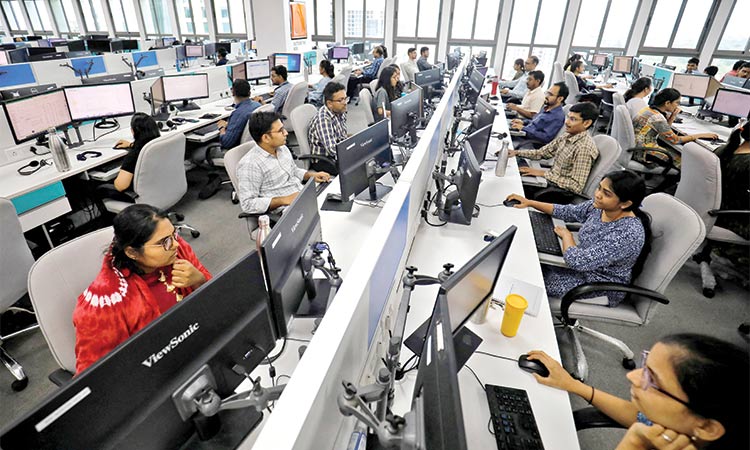Girls’ education a must for their advancement

Malala Yousafzai. File
Speaking at a side event of the UN General Assembly on Friday, Malala said, “On education alone, 20 million more girls may never go back to the classroom when this crisis ends (and) the global education funding gap has already increased to $200 billion per year,” she said.
Female education is a major challenge in some countries such as India and Pakistan. Malala herself became a victim of Taliban brutality when she was shot at in the head for going to school in the Swat valley.
Malala survived the assassination attempt.
At the age of 17, in 2014, Malala became the youngest recipient of the Nobel Peace Prize for her education advocacy. Through her Malala Fund, she has also become a global symbol of the resilience of women in the face of repression.
One in three girls miss out on primary school in Pakistan, according to a report.
Nearly 22.5 million of Pakistan’s estimated 50 million children are out of school, most of them girls, due to poverty among other reasons.
At around the age of 14, only 13 per cent girls are still in education, mainly due to a shortage in secondary schools for girls, apart from sexual harassment, early marriage, and gender discrimination.
The coronavirus pandemic has made the situation extremely precarious for girls in underdeveloped countries, such as those in Africa.
From rape and sexual exploitation to female genital mutilation (FGM), child marriage and early pregnancy, COVID-19 has unleashed a myriad of “shadow pandemics” on girls across Africa.
Africa’s confirmed coronavirus caseload has reached almost 1.2 million cases, with more than 26,000 deaths.
School closures have left girls open to sexual violence from family, neighbours and community members; lockdown poverty has forced minors into transactional sex to buy basics, they add.
Uncertain when schools will resume, desperate families have resorted to marrying off under-age daughters to ease expenses.
Countries such as Kenya, Malawi and Ethiopia are reporting spikes in teen pregnancies and early marriages, raising fears many girls may not ever return to school –and jeopardising decades of work to reverse deep-rooted gender inequalities.
According to Unesco estimates, 130 million girls between the age of 6 and 17 are out of school and 15 million girls of primary-school age—half of them in sub-Saharan Africa— will never enter a classroom.
Poverty remains the most important factor for determining whether a girl can access an education. For example, in Nigeria, only 4 per cent of poor young women in the North West zone can read, compared with 99 per cent of rich young women in the South East. Studies consistently reinforce that girls who face multiple disadvantages — such as low family income, living in remote or underserved locations, disability or belonging to a minority ethno-linguistic group — are farthest behind in terms of access to and completion of education.
Worldwide, more than 130 million girls are out of school, costing the global economy as much as $30 trillion, according to the World Bank.
The global coronavirus pandemic has created the largest disruption of education in history, affecting nearly 1.6 billion students in more than 190 countries and all continents.
Closures of schools and other learning spaces have impacted 94 per cent of the world’s student population, up to 99 per cent in low and lower-middle income countries, it added.







